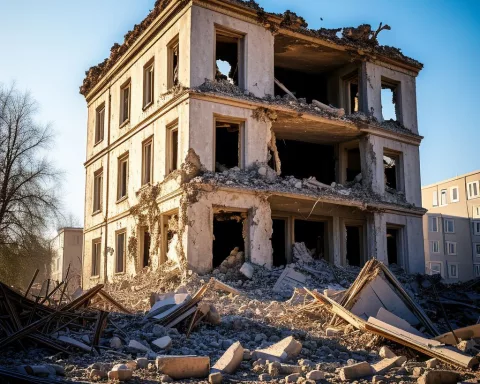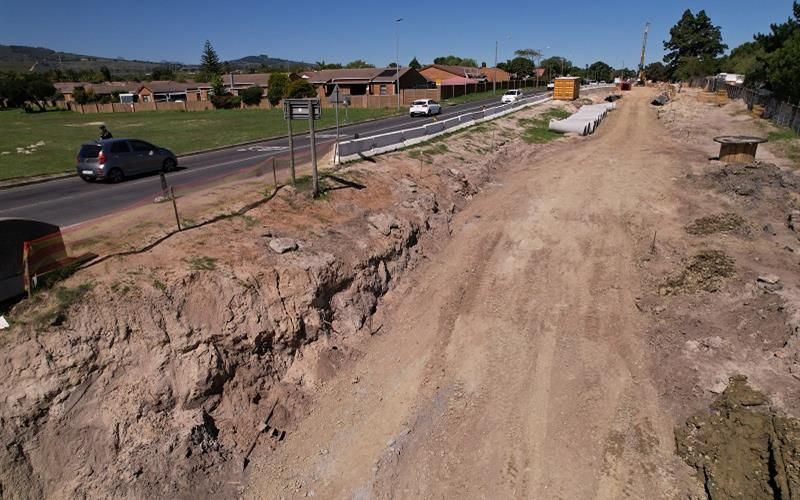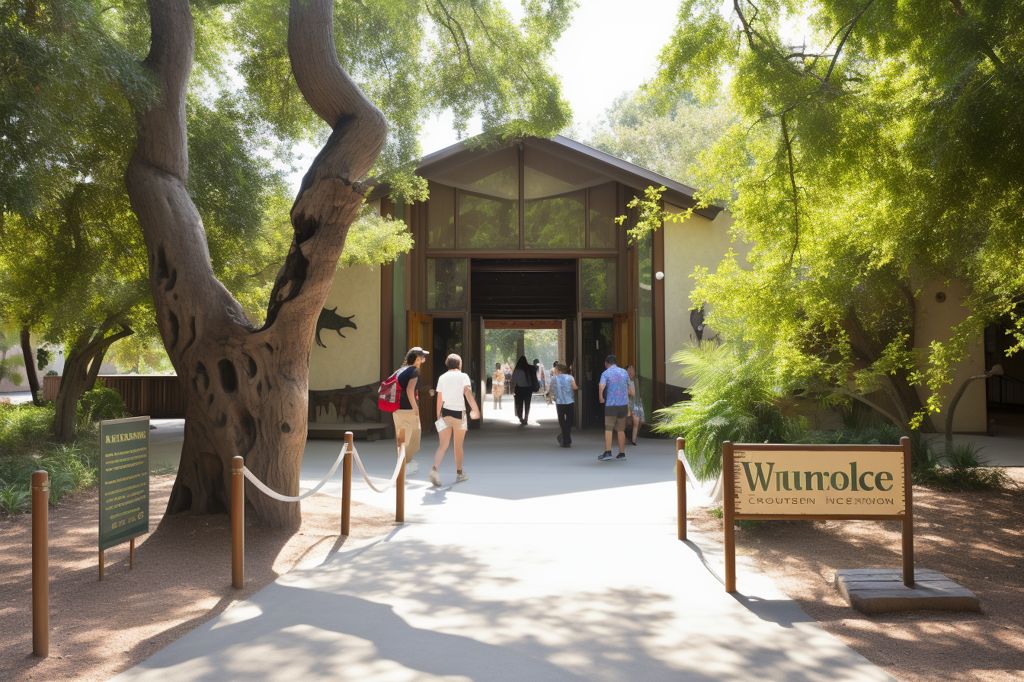The University of South Africa (Unisa) is currently facing intense scrutiny over allegations of excessive spending on non-essential items. This has raised concerns about governance failures and misplaced priorities at the institution.
Controversy Over the Curtains
Central to the controversy are the curtains purchased for the official residence of Unisa’s Vice-Chancellor, Professor Puleng LenkaBula. Reports indicate that the university spent over R285,000 on these curtains, while an external company quoted a mere R20,630 for the same items.
An Independent Assessor Investigates
In response to the allegations, Higher Education Minister Blade Nzimande appointed an independent assessor, Professor Themba Mosia, to investigate the matter. Mosia expressed interest in inspecting the curtains in question and upon visiting the Cloghereen residence, found that the overall cost of renovations, furniture, and appliances exceeded R3 million.
Questionable Spending
Mosia’s report highlights questionable spending practices, such as the R8,000 spent on vacuum cleaner training, despite limited carpeting in the house. The report also noted discrepancies in the cost of painting items procured by Unisa.
Governance Failure
According to Mosia, LenkaBula informed him that she was waiting for the installation of a security system that she had requested for her family’s safety, as advised by the council. While Mosia did not place blame solely on LenkaBula, he emphasized that the situation reflects a governance failure on the part of Unisa’s council.
Involvement in Renovation Process
Further investigation revealed that LenkaBula played an active role in the renovation process, providing specific requests for new items and imported appliances. However, during an interview, LenkaBula denied involvement in operational processes, except when expressing concerns about procurement practices not being value for money.
Excess Spending on Vehicles
Another point of contention is the purchase of a Mercedes-Benz GLE 400d for the Vice-Chancellor at a cost of R1.9 million, which exceeded the budgeted R1.2 million. LenkaBula defended the purchase, stating it was part of her remuneration package as decided by the council.
Recommendations for Effective Governance
The objective of Professor Mosia’s investigation was to advise Minister Nzimande on the issues affecting Unisa and to recommend actions to restore effective governance and management practices at the institution. Unisa has acknowledged receipt of the report and confirmed that it would respond within the stipulated 14-day timeframe.
Importance of Accountability and Responsible Governance
As the investigation unfolds, it serves as a reminder of the importance of accountability and responsible governance within educational institutions. Transparency in decision-making processes and prioritizing spending that benefits students and the broader academic community is necessary.












